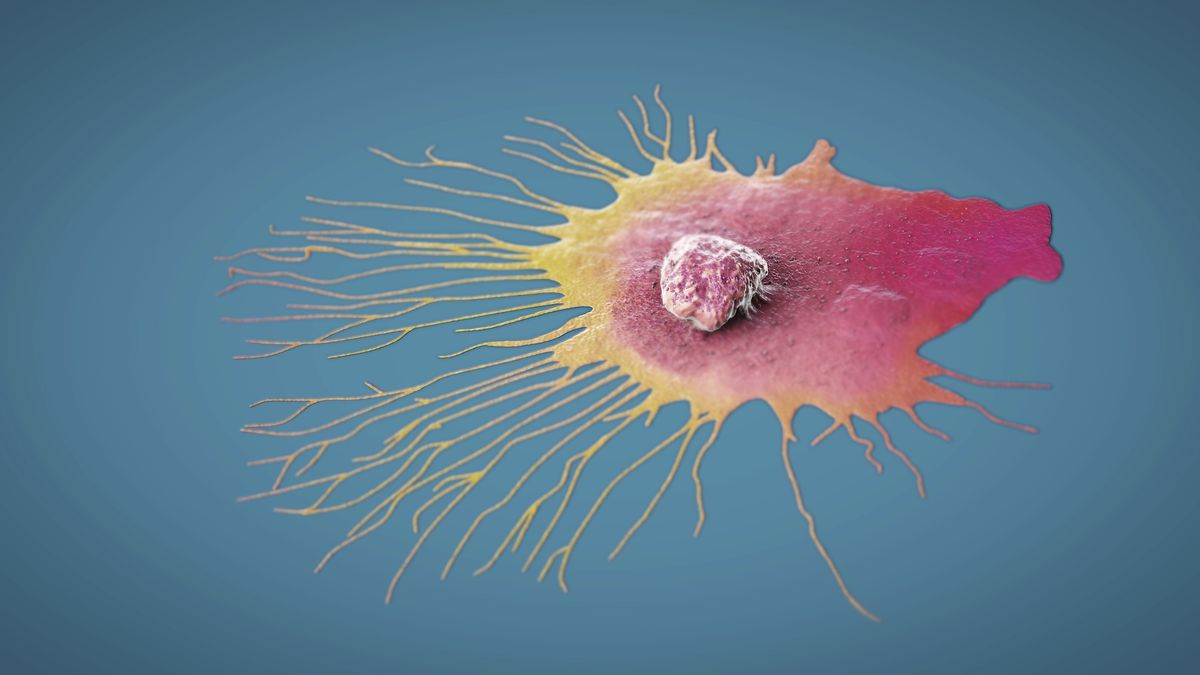Why America is Losing Its 50-Year War on Cancer
The Genesis of the War on Cancer
The term "war on cancer" was officially introduced when the National Cancer Act was signed into law by President Richard Nixon in 1971. This legislation was intended to magnify federal funding, invigorate research, and ultimately find a cure for cancer. Over the past five decades, we have seen significant advancements, particularly in the field of cancer biology. But, the question remains: Have we been fighting the wrong battle, or is the battle itself more complex than initially thought?
Systemic Challenges in Cancer Research
Obstacles in Innovation and Treatment
Dr. Nafis Hasan emphasizes that one of the most significant challenges is the complexity and heterogeneity of cancer as a disease. Unlike other ailments, cancer is not singular but rather a collection of diseases, each requiring unique approaches in treatment.
"The idea of a 'one-size-fits-all' cure is something that perpetually hampers progress. Each cancer within each individual is unique," says Dr. Hasan.
Funding and Prioritization
The allocation of research funds has often favored treatment over prevention. Despite compelling evidence pointing towards long-term payoffs with preventive approaches, these avenues frequently receive insufficient attention or resources.
- Pioneering research in preventive oncology often struggles for financial backing.
- Many technologies vital to early detection have not reached mainstream healthcare settings.
Hope on the Horizon
Technological Advances
Despite the challenges, breakthrough technologies like CRISPR and immunotherapy hold promise for revolutionizing cancer treatment. These advances could spell not just treatment but actual victories in specific forms of cancer in the near future.

Emerging Treatments and Research
Dr. Nazneen Rahman's book on nature-inspired innovations is gaining traction in the medical community as it explores uncharted territories in cancer treatment. The aforementioned book delves into how biological and molecular insights can transform the medical landscape.
For those keen on understanding the complexity of cancer and its myriad manifestations, the American Cancer Society regularly updates strategic overviews and research findings. Staying informed about these developments is crucial in comprehending the enormity of the task at hand.
To follow Dr. Nafis Hasan's insights, visit his LinkedIn profile where he frequently shares updates and thoughts on the trajectory of cancer research.
With every year marked by both setbacks and triumphs, it remains clear that while the war on cancer is far from over, unwavering determination and innovation hold the key to eventual victory.
